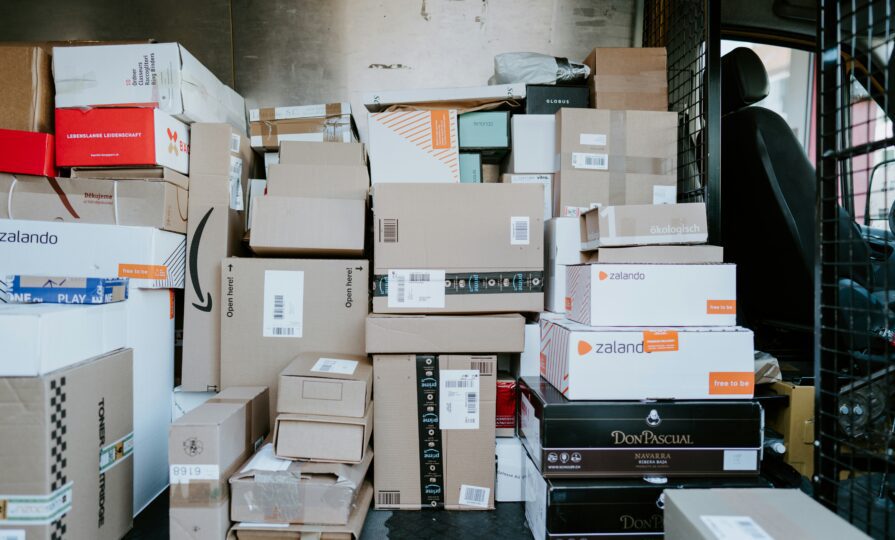British retailers search for import solutions amid US tariff chaos
In light of these recent tariff changes, Next is reportedly considering establishing a US corporate entity to mitigate the impact, The Times has reported

British retailers are looking for ways to navigate recent import changes in the US amid ongoing “chaos and uncertainty” over Trump’s new tariff regime, with some exploring a restructure of their US operations or suspending exports altogether.It comes as the president recently imposed an additional 10% tariff on Chinese-made goods, whilst making a U-turn on the scrapping of the ‘de minimis’ rule, which allows small packages worth less than $800 (£645) to be shipped from China, Canada and Mexico to the US duty-free.

